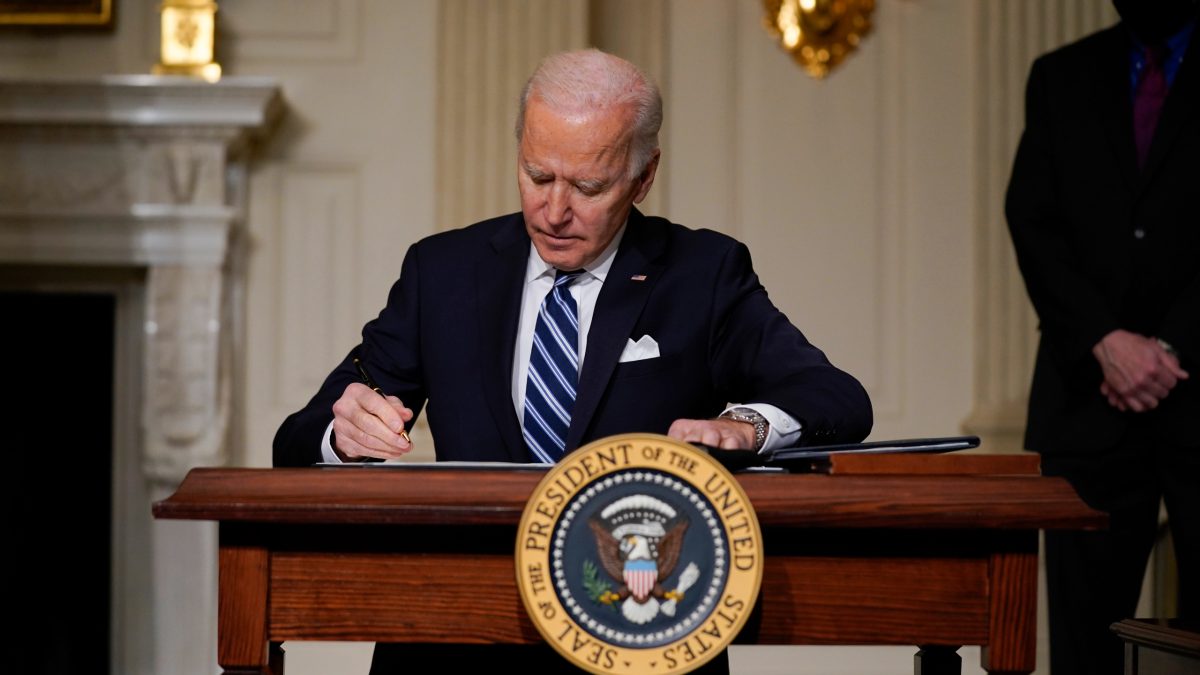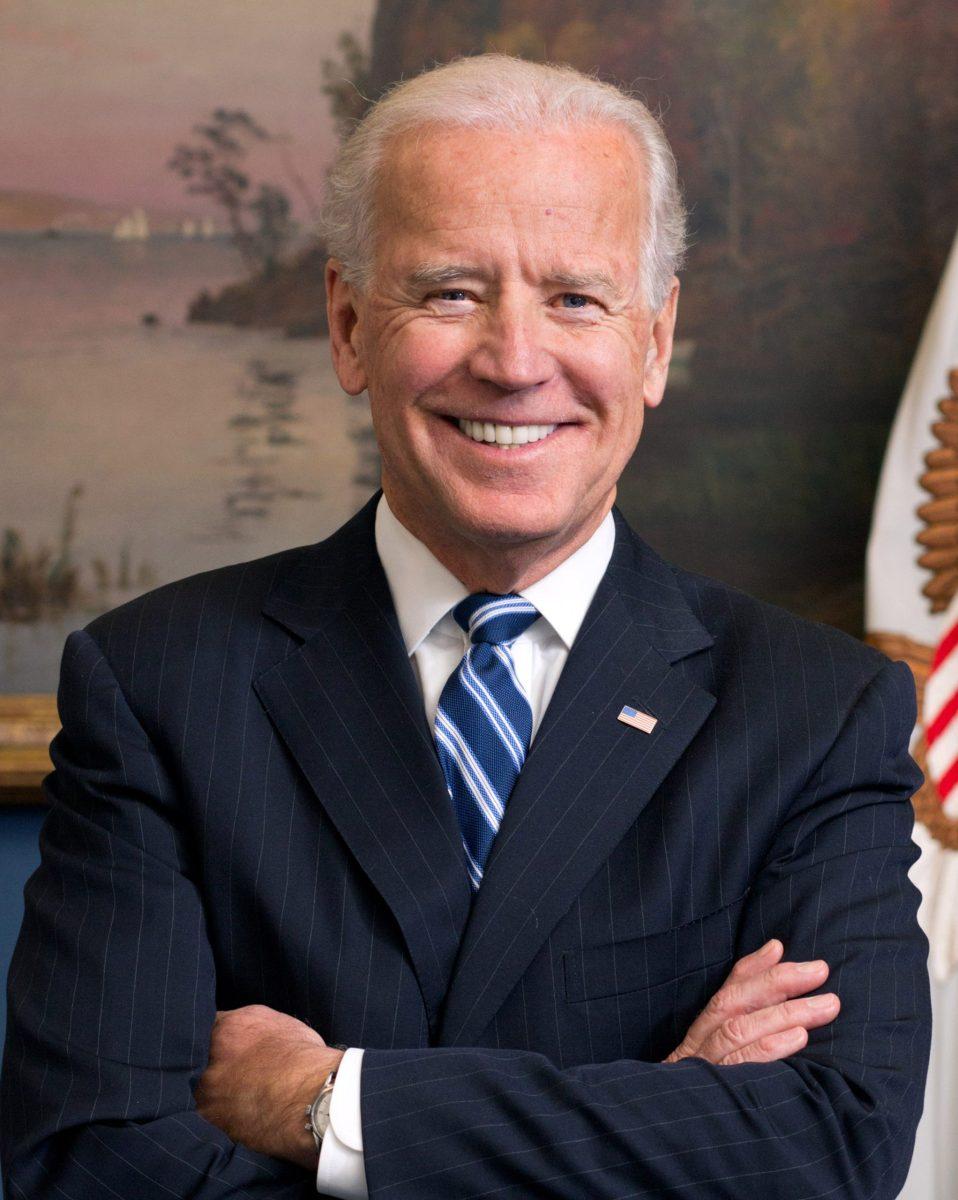[one_third]Carmel Rafalowsky – Liberal
I did not watch the debates live and, frankly, after combing over footage, articles and candidates’ platform websites, it seems that I did not miss much.
With over 20 candidates participating in just the preliminary elections, candidates lacked the time to clarify their stances on complex policies such as healthcare, universal basic income or climate change. Worse yet, I feel several moments—such as the exchange between Kamala Harris and Joe Biden about busing—were seized for the sake of a memorable soundbite instead of a clear answer on policy.
While the debates do seem to be impactful for viewers and to bring attention to the way certain candidates answer tough questions—or rather, sidestep them entirely—I find them inadequate. I wanted to hear more questions about the climate crisis and what policies candidates want to enact to not only protect our nation but put safety measures in place for the catastrophes we will face. I wanted plans on how single-payer healthcare systems can be erected.
I wanted details—not rhetoric.
While I look forward to the upcoming debates, I do not hold much hope for them. The past two have left me unimpressed and concerned about the future of our democracy.
[one_third]Daniil Ivanov – Independent
Over the course of the summer, a cumulative four debates were held, filled with democratic presidential candidate hopefuls. Right off the bat, there are more candidates than you can remember—and that’s just the candidates that made it onto the stage. At this point, I’m starting to worry that I might be a candidate.
The issue arises that in such a crowded field it becomes difficult to hear every single candidate’s stance. This then results in cringeworthy moments like moderator Lester Holt asking for a show of hands on which candidate would abolish private health insurance in favor of a government run plan.
Such a childish display oversimplifies complex issues, as does the tight time limit of each question and answer. The live crowds become rambunctious and disrupt the little amount of actual debate that goes on, and it seems that moderators always stop the candidates just when they were about to say something important.
Even more of a problem is that not everybody watches these debates. Instead, Americans opt to watch brief clips on the news, leading to candidates—fighting for name recognition—to be over-the-top and fighting to say memorable sound bites.
In the end, such a crowded circus sideshow means that interesting new ideas are hardly exposed and properly explained, which means the frontrunners are those who already came into the debates with name recognition like Joe Biden, Bernie Sanders and Elizabeth Warren.
Such a debate format is a disservice to the American people. Democracy should be a lively discussion, but not a prime-time reality show.
[one_third]Mark Pothen – Conservative
During election season, presidential debates act as an indicator of which candidates will rise to the top tier to fight for the party nomination and which ones will drop out of the race. The Democratic Debates acted as entertainment for conservatives as democratic presidential contenders browbeat each other over unattainable policy prescriptions.
The first night consisted of moderates like John Delaney and Tim Ryan questioning the more hard-left candidates like Elizabeth Warren and Bernie Sanders on topics such as the viability of throwing 150 million people off of their private health insurance, among other hot button issues.
The debate showed the true colors of the radical wing of the party. There is no better example of this than the moment when John Delaney is asked about his net worth of 65 million dollars being subjected to Warren’s proposed wealth tax. The camera moved to Warren who appeared to gleefully rub her hands in delight at the thought of taking his money like a cartoon villain.
The moderate candidates in the first night of debates recognized that radical policy like Medicare for All is running too far to the left and won’t bode well for democrats come the election in 2020. The second night, however, was significantly more entertaining with the coveted rematch of democratic front runner Joe Biden and Kamala Harris after she had directed unwarranted animus towards Biden during the first round of debates over his view on busing in the 1960s. By the end of the night, Joe Biden managed to come out of the debate relatively unscathed; however, Harris was not so lucky when Tulsi Gabbard, the democratic Representative from Hawaii, called to question Harris’s “tough on crime” record and cited a bevy of different problems with it.
Both debates highlighted a radicalization of the party for appeasement of democrats in major cities and on the coast rather than appealing to the actual blue-collar voters that they need in states like Michigan and Pennsylvania in order to secure a 2020 win. Between the far-fetched goals and the bickering, President Trump simply needs to be quiet and point at them to coast to a 2020 victory.



































Eddie Nadeau • Oct 16, 2019 at 12:54 am
Anderson Cooper was very annoying! As soon as a question was asked, he interrupted! If you ask a deep question, at least allow the Candidate to give a detailed answer! I became so frustrated not being able to focus on what the Candidate was explaining, I shut the Debate off because I could not stand the constant interruptions from the Moderators!